Historical review
For many years, Robotic Process Automation (RPA) solutions have emerged as the tool of choice to accelerate processes and gain operational efficiency. The principle:
- make a robot perform repetitive tasks without added value on the one hand,
- let humans concentrate on tasks with higher added value (analysis, decision making, creativity…) on the other hand.
Everyone wins: the risk of error decreases drastically, the capacity to do things is concentrated in the right place. This market is mature, with many RPA solutions available, and today we talk about Smart Automation. Artificial intelligence is indeed enabling more and more sophisticated robots. Process Intelligence (PI) solutions have appeared more recently on the market.
So what is Process Intelligence?
Process Intelligence allows to collect and analyze process data in order to understand each step of a process (duration of the whole process, average waiting time between each step, teams in charge, …), to visualize the bottlenecks, and to find solutions to the problems encountered. To do this, the data used comes from logs collected on all the systems used to run the process studied (ERP, CRM, business tools, etc.). Mainly, process intelligence is based on several tools such as process mining, process modeling (BPMN type), task mining, or the digital twin. All of these tools are based on artificial intelligence and more specifically on machine learning.
The lessons learned from a Process Intelligence solution allow organizations to base their strategy for improving the operational efficiency of processes on an in-depth analysis of historical data and not only on qualitative interviews. Indeed, Process Intelligence allows an analysis of all the processes as they have taken place, by updating all its variances, frequencies, costs, durations… This essential information, which improves the knowledge of the business towards its own functioning, then allows to define the axes of improvement to be prioritized, whether it is on the way of improvement, simplification, automation of the process, or that of the accompaniment to the change (trainings, communication, etc).
What kind of gains can be expected from process intelligence?
Best practice development : By uncovering how processes are executed “in real life”, and not how they are supposed to be executed, the optimal process can be identified and used as a reference for the development of good practices internally.
Highlighting of process malfunctions : Bottlenecks, duplications / redundancies in the process, which limit productivity, are easily identified, visually.
Cost optimization : Improving the efficiency of the process, both by highlighting the target process and by eliminating bottlenecks and various dysfunctions identified, will have a real impact on the cost of the process.
Time to obtain a clear vision of the business processes : This path can be long and complex due to the number of actors involved in the process, the number of IS used, and the lack of complete knowledge of the process from end to end. Process Intelligence tools can significantly reduce the time needed to select the processes or parts of processes to be automated (RPA).
Process Intelligence thus allows to take a step aside in the process of automation in which organizations are launched. Furthermore, the ability of Process Intelligence to calculate and measure the impact of each process improvement strategy studied (automation, tool redesign…), and therefore to compare the ROI of the different scenarios, allows to minimize the risks and to ensure that the effort is put in the right place. Finally, as Process Intelligence offers the possibility to monitor processes and their performance in real time, it becomes a tool for steering your operational efficiency strategy.
In conclusion, the implementation of this type of solution allows you to draw a more efficient and impactful path towards the continuous improvement of your processes.
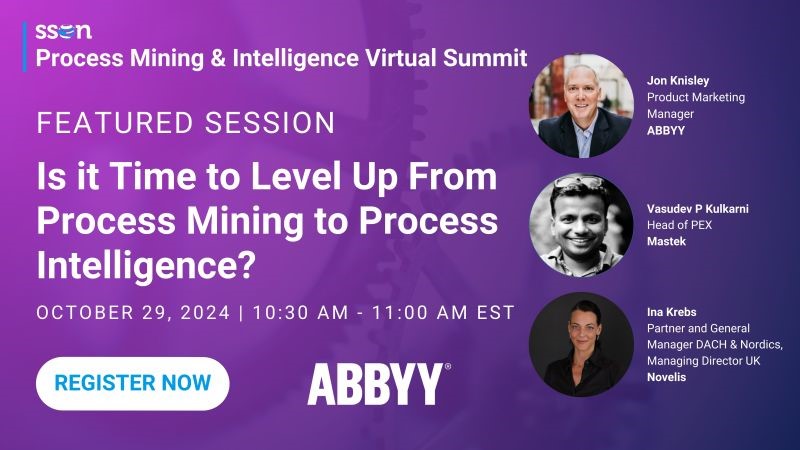

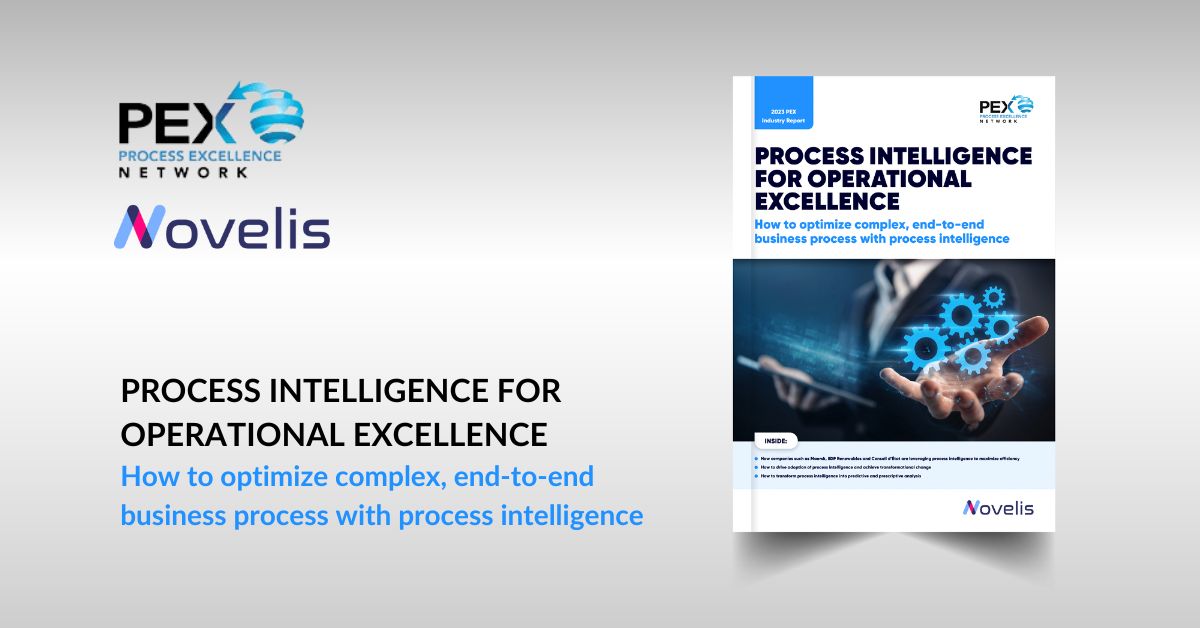
![[White Paper] Accelerate the automation of your processes with Process Intelligence!](https://novelis.io/wp-content/uploads/2023/06/Accelerez-lautomatisation-de-vos-processus-de-30-avec-le-Process-Intelligence-4-scaled.jpg)
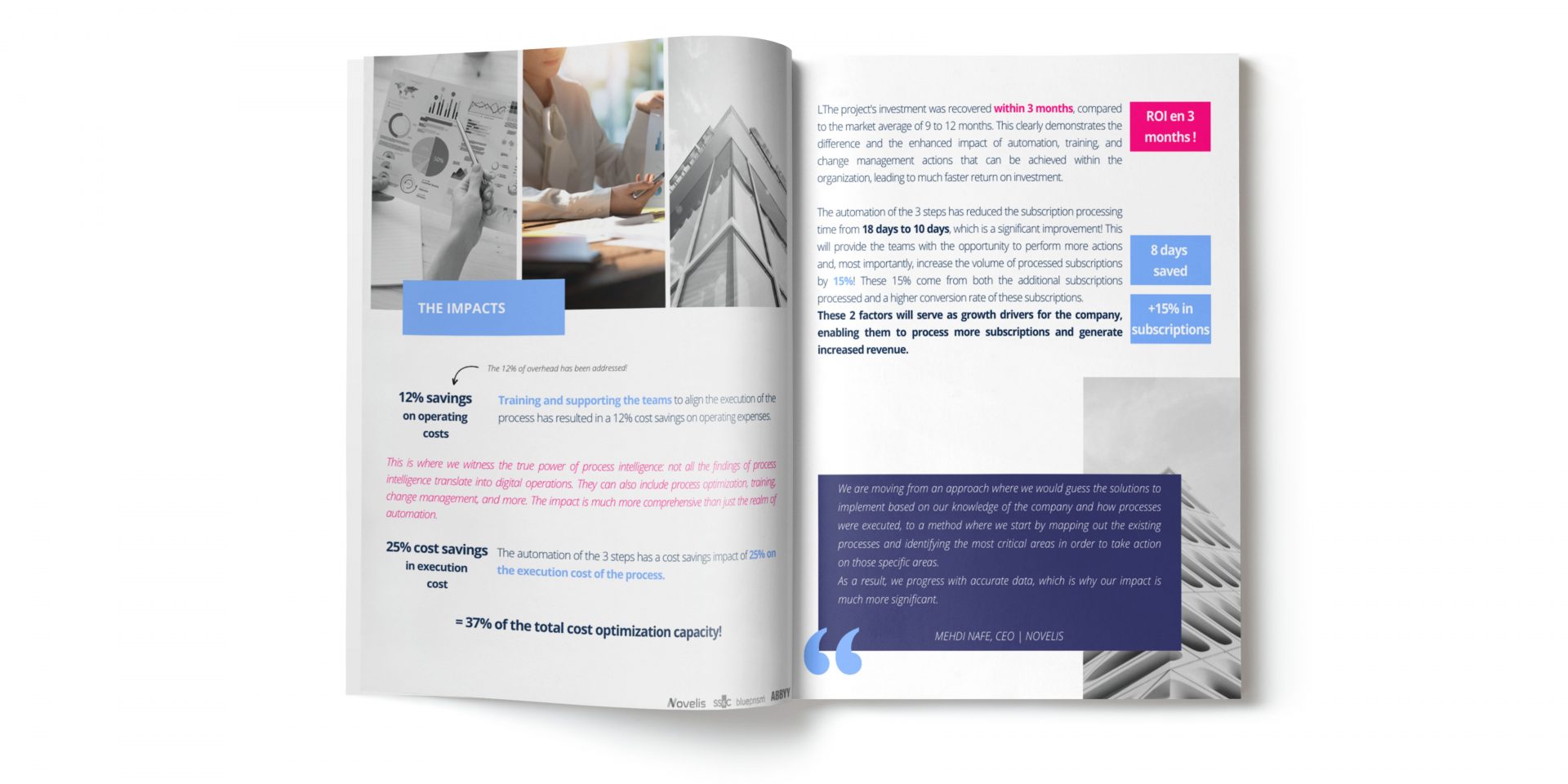

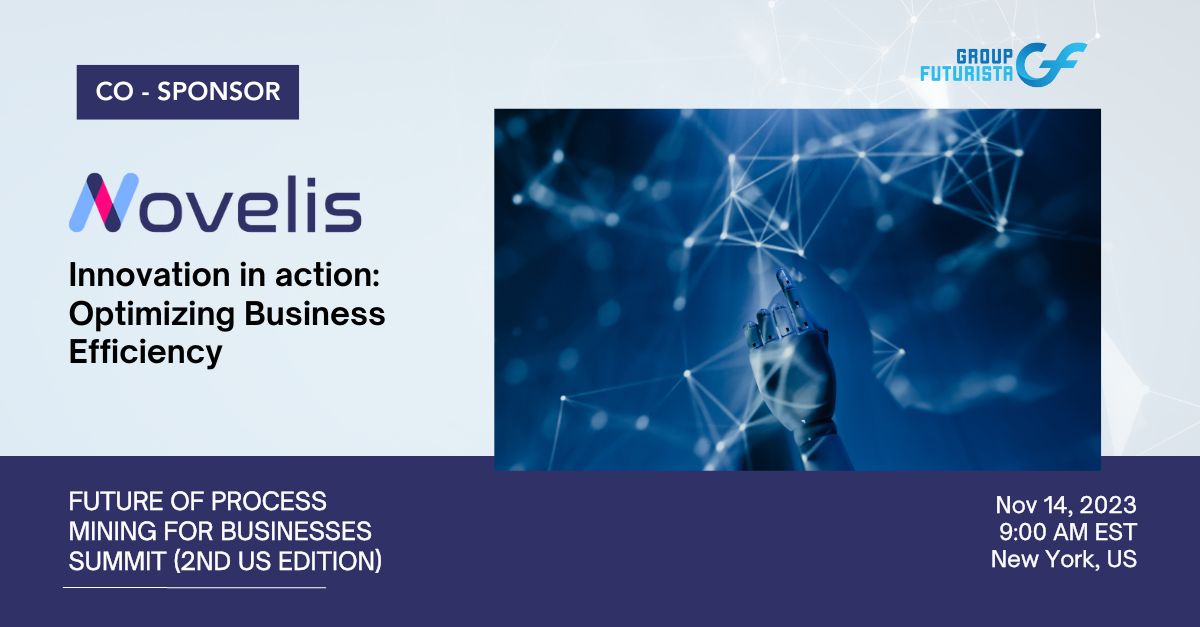
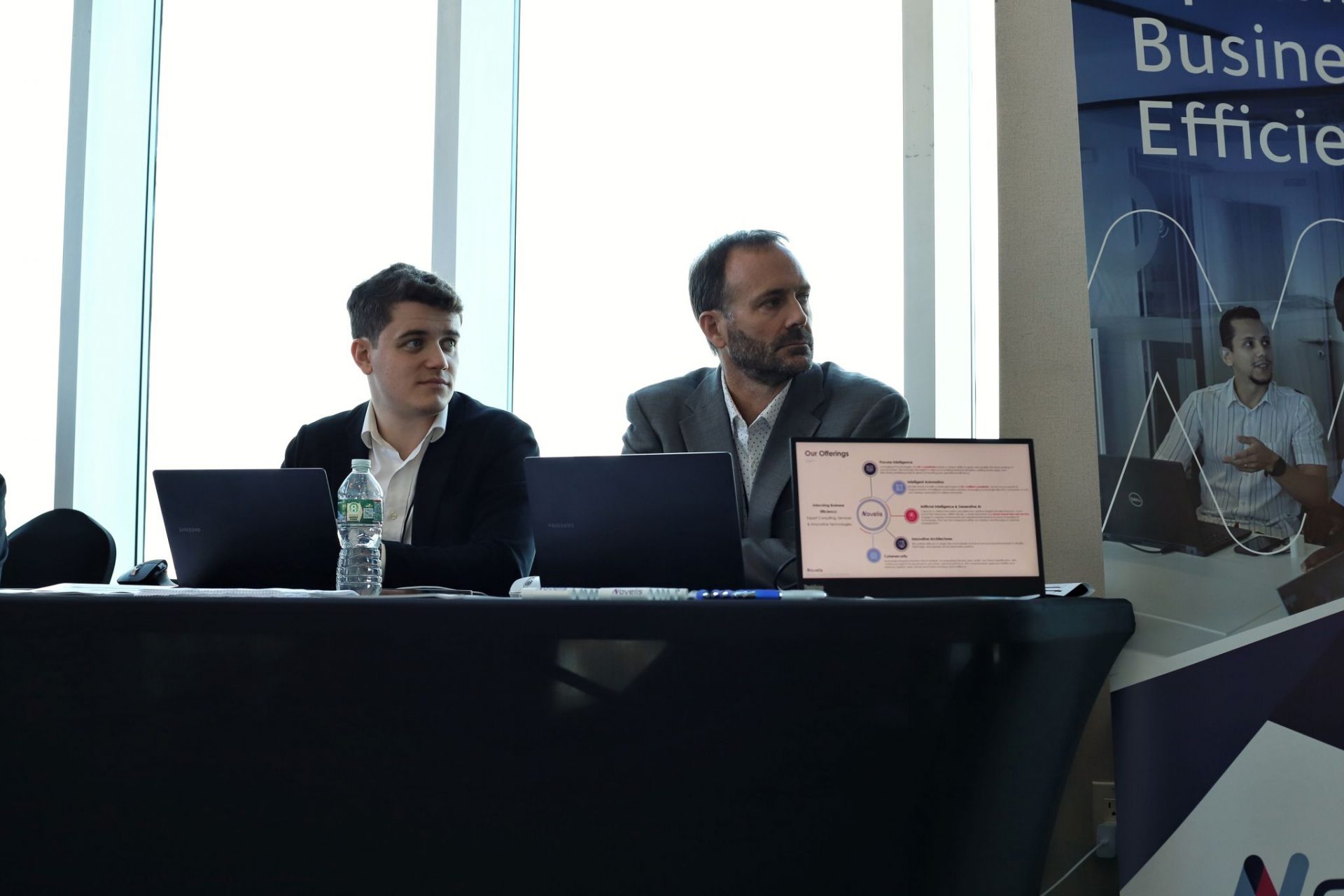

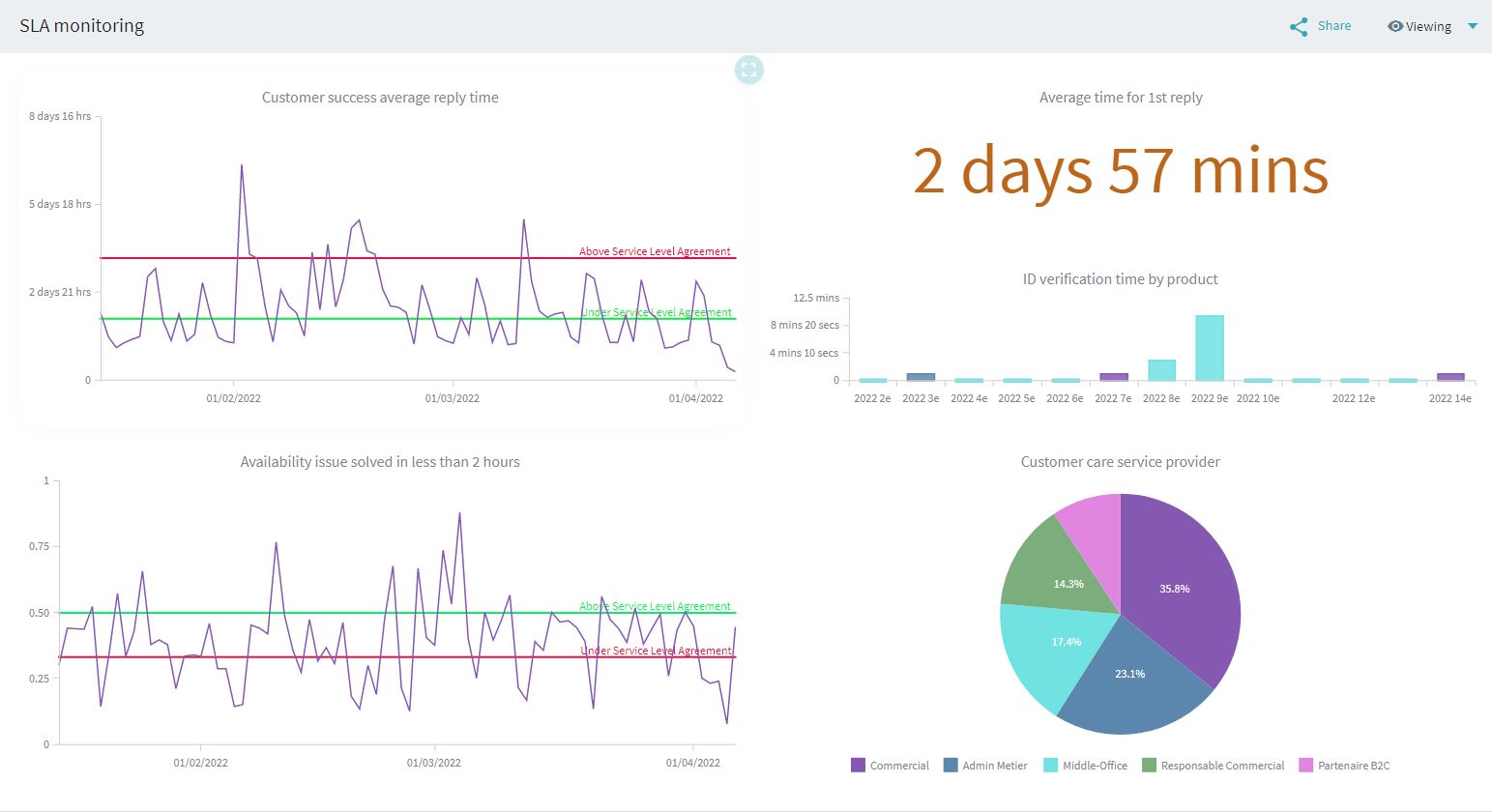



![[Webinar] Accelerate your Process Automation by 30% with Process Intelligence](https://novelis.io/wp-content/uploads/2022/02/jr-0099-EMEA-novelis-Abby-English-com-social-banner-1200x628-1.png)
